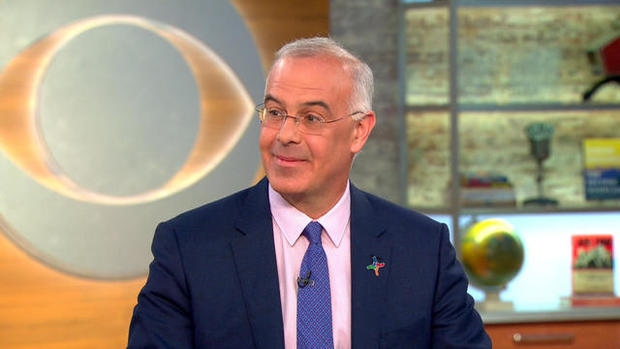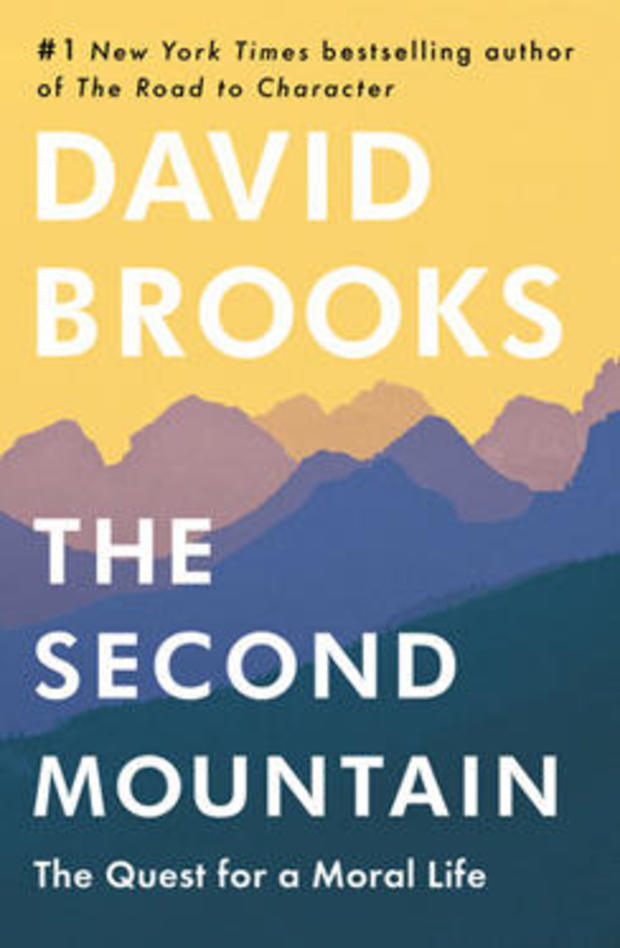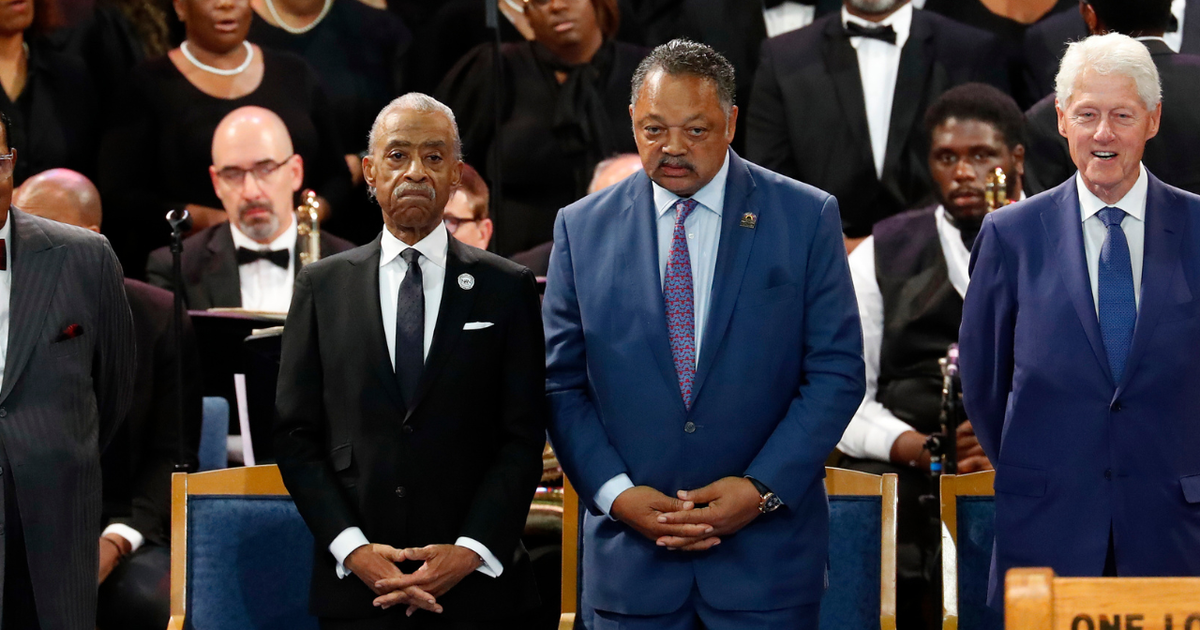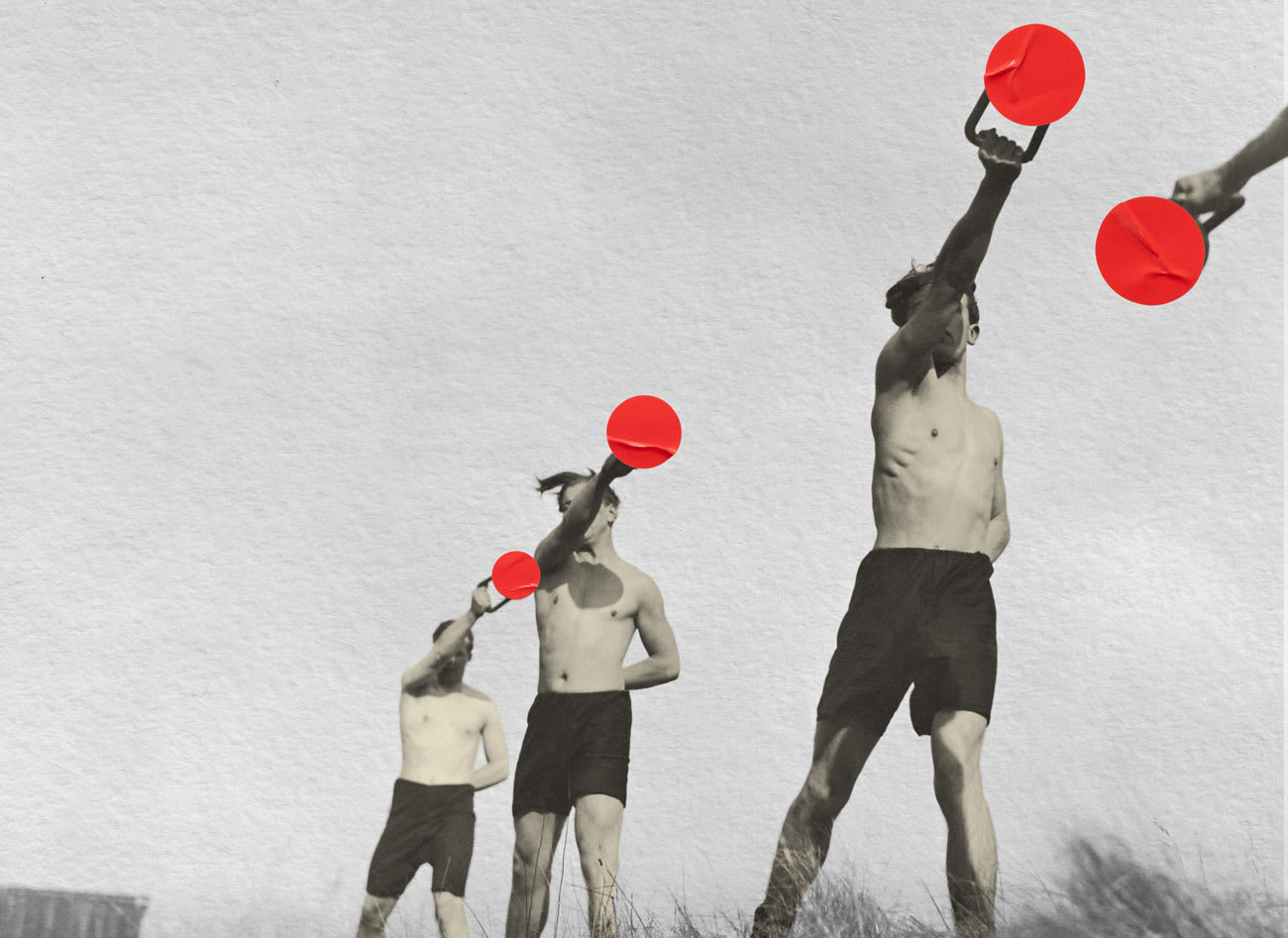David Brooks on living for relationships, not yourself
New York Times op-ed columnist David Brooks is on a mission to help people live deeper and more joyful lives. In his new book, "The Second Mountain: The Quest for a Moral Life," Brooks writes that living to satisfy relationships rather than one's own ego fills people's lives with "wonder, gratitude and hope."
Appearing on "CBS This Morning" Monday, Brooks explained that the book grew out of a crisis in his own life. "I had led a life really determined by the lies our culture tells us," he said. "Our culture tells us if you succeed, you'll be happy, or I can make myself happy. So, I lived that way, and I ended up valuing time over people. I was always busy, I was on the move, nobody confided in me. I had a lot of work friends, weekday friends; I had no weekend friends."
Then, he said, "My marriage ended. My kids left for school, college, and I was living in this little apartment. If you went to my drawers, where there should have been forks and knives, there were Post-it notes. Where there should have been plates, there was stationery. I was just living for work. I was lonely. You have this pain in your stomach. This was 2013. And you just feel, 'I'm in the valley.' It was a crisis of disconnection for me, and a lot of people in this country are going through that. There's a lot of loneliness, a lot of solitude. I spent the next five years [going], 'How do I get out of this?'"
Brooks writes that life is defined by two mountains: On the first mountain, people tackle personal goals, like becoming successful; and on the second, people learn to look beyond themselves and instead focus on service to others.
Brooks describes the "first mountain" as about ego. "I had a first good mountain. I am New York Times columnist, I get to be on PBS. It was success. You would think from the outside it was success, but it was not feeding my soul. It had turned me into something shallow.
"I find the people who are most joyous, they go through this process [in which] they first reject the lies of our society that success makes you happy, or I can make myself happy – If I just lose another 15 pounds, I will be happy. Lie! Then they fall into themselves, they fall into their heart and soul. and they go down to the substrate which is the deepest part of themselves.
"I had a friend who said when my first daughter was born, 'I realized I loved her more than evolution required.' I always loved that because we have this moment of care, and she got down to that level."
Being in the valley, he said, requires someone else reaching in to pull you out.
"I was invited over to a couple's house in D.C. And they had a kid who was in the D.C. public schools who had a friend whose mom had issues, and so they said, 'Well, James can stay with us.' And James had a friend, and James had a friend. When I went over that house in 2015, there were 40 kids around the table, 15 sleeping in the basement. I walk in, I wanted to shake the kid's hand and the first kid I meet in the doorway named Ed said, 'We don't really shake hands here; we hug here.' I'm not the huggiest guy on the face of the earth. But I go back every Thursday for six years and they demanded complete intimacy from me and they really lifted me up. They showed me a better way to live, which is about relationships, not self."
Brooks said that our lives are defined by our moment of greatest adversity, and how we react to it.
"I found that in the valley, the first thing I learned is, freedom sucks," he said. "To be unattached, that's bad. Total freedom is overrated.
"The second thing I learned is you can be broken, or you can be broken open. The people who are broken turn angry and resentful. Pain that is not transformed gets transmitted."
As college graduation (and commencement address) season approaches, Brooks was asked why he disliked the message "Do what you love."
"Because it's all on you. They come out of college, what are they going to do with their lives? We say, 'Be free. The future's limitless.' That doesn't help them make the choice. 'Look inside yourself. Follow your passion.' Eighty percent of college students have no passion."
So, what should they be told?
"Live for a relationship. That seems easy. We can all say that. But to see people truly speak from the depths of yourself, not from the surface of yourself, these are daily challenges. And in our society, we just don't treat each other very well."
"The Second Mountain: The Quest for a Moral Life" by David Brooks (Random House), in hardcover, eBook and audio formats, available via Amazon.





